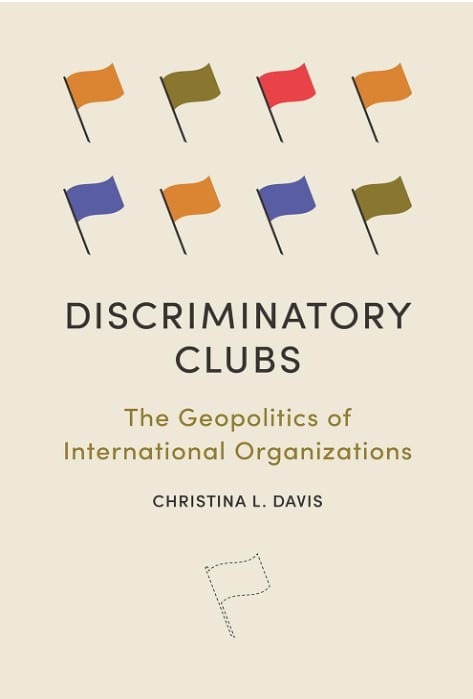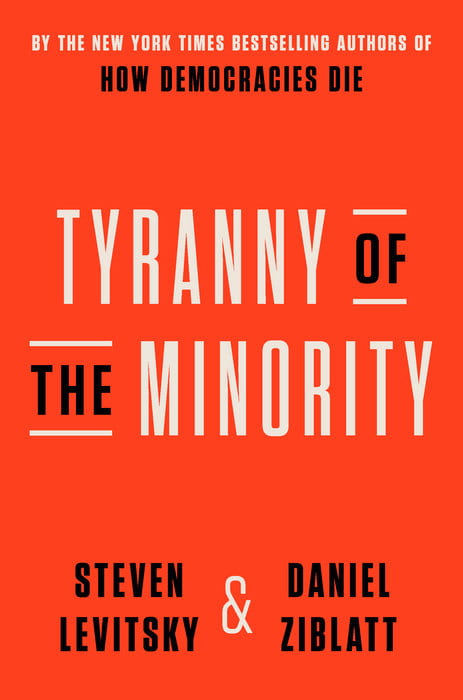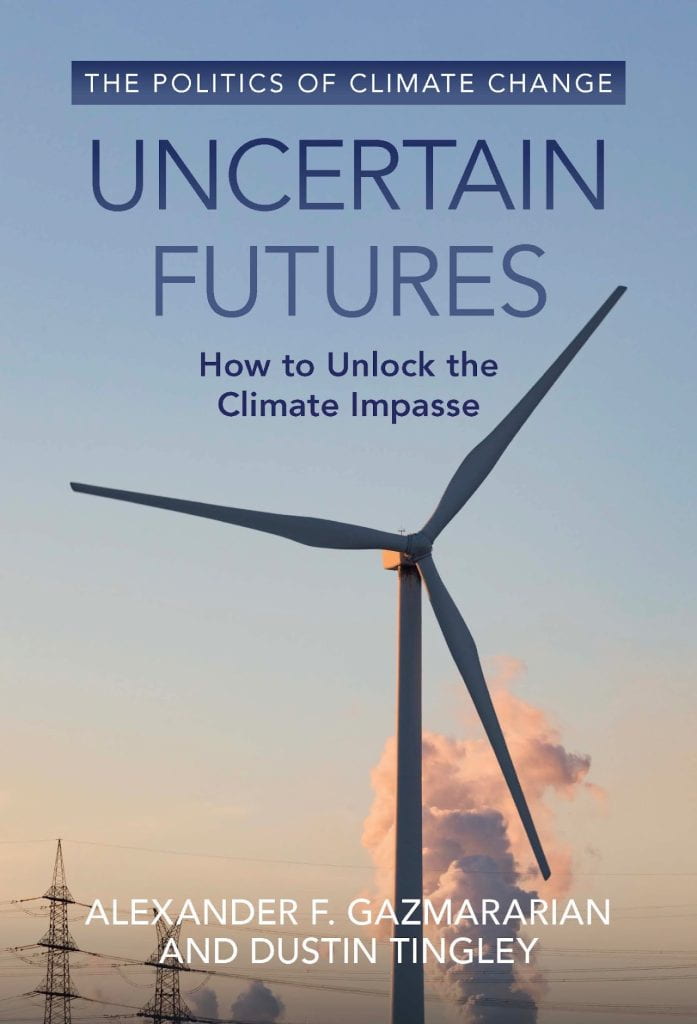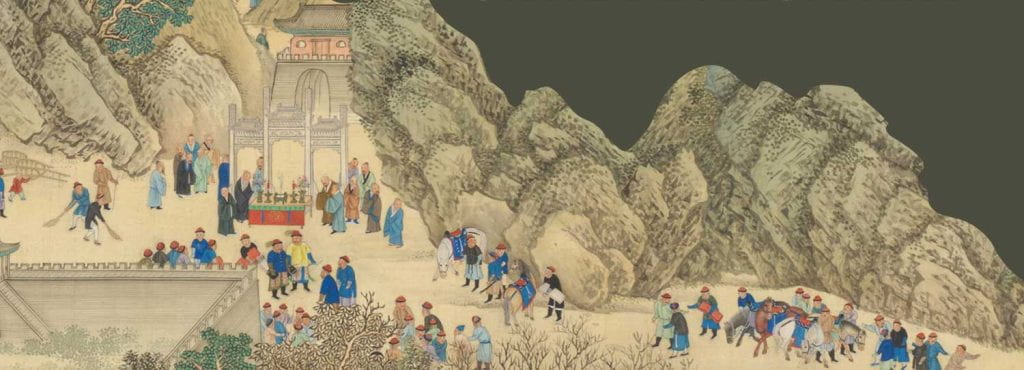Christina L. Davis examines the discriminatory logic at the heart of multilateralism. Overview Member selection is one of the defining elements of social organization, imposing categories on who we are and what we do. Discriminatory Clubs shows how international organizations are like social clubs, ones in which institutional rules and informal practices enable states to favor friends…
Discriminatory Clubs: The Geopolitics of International Organizations










